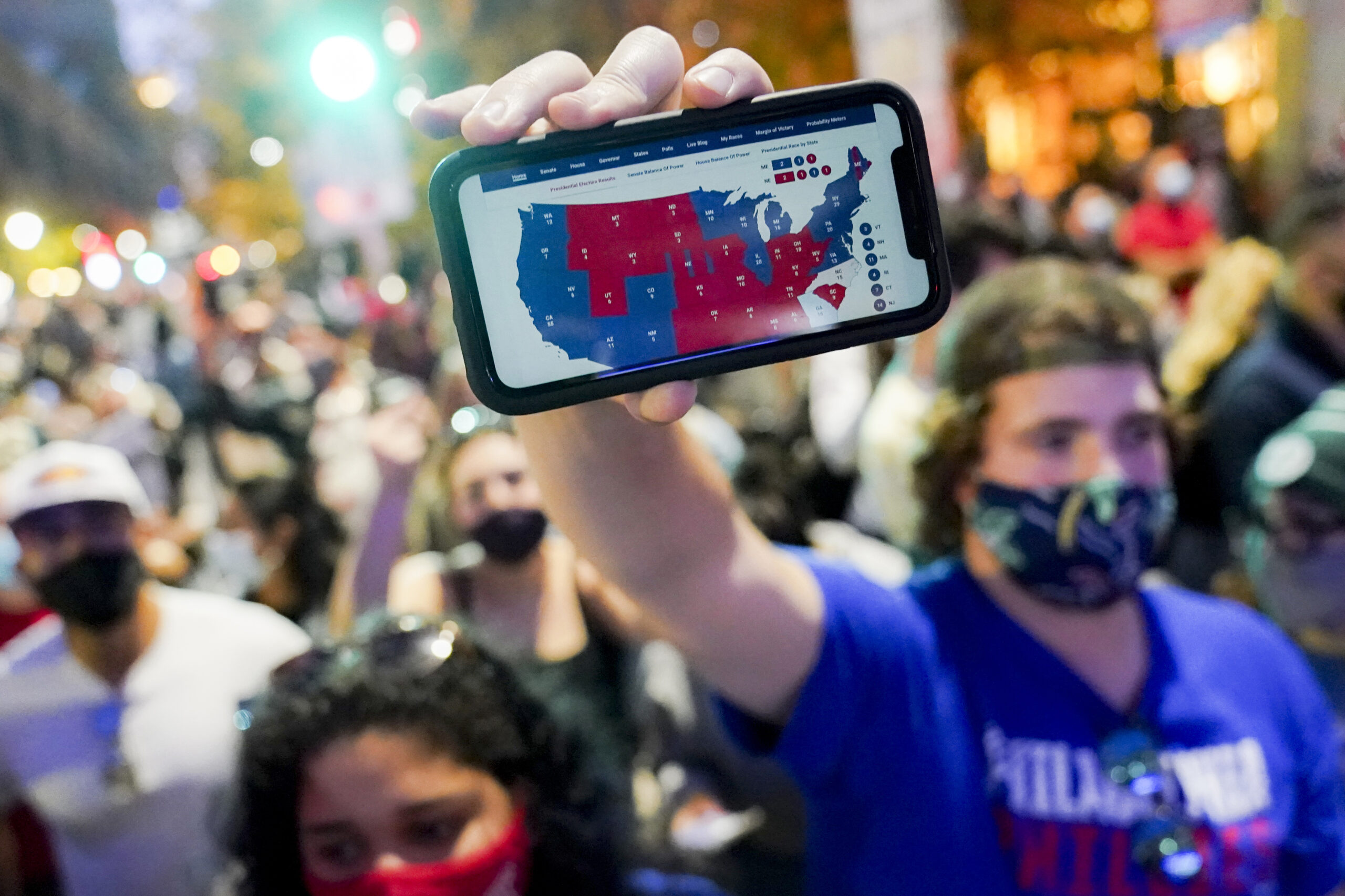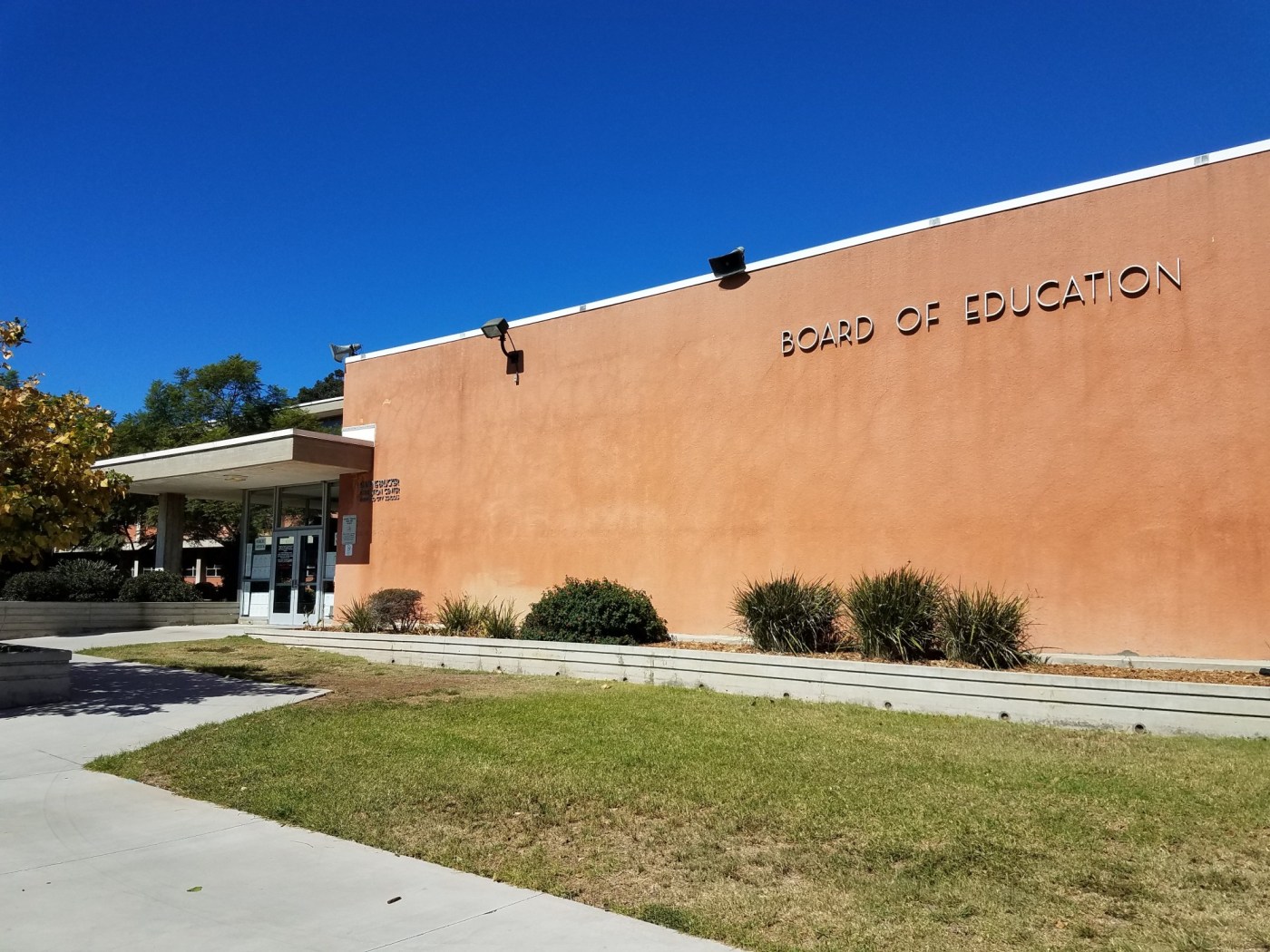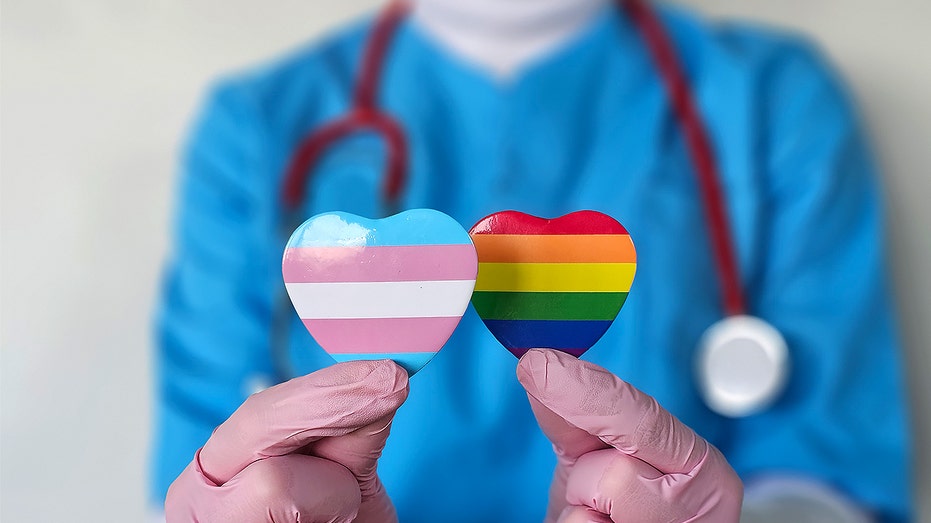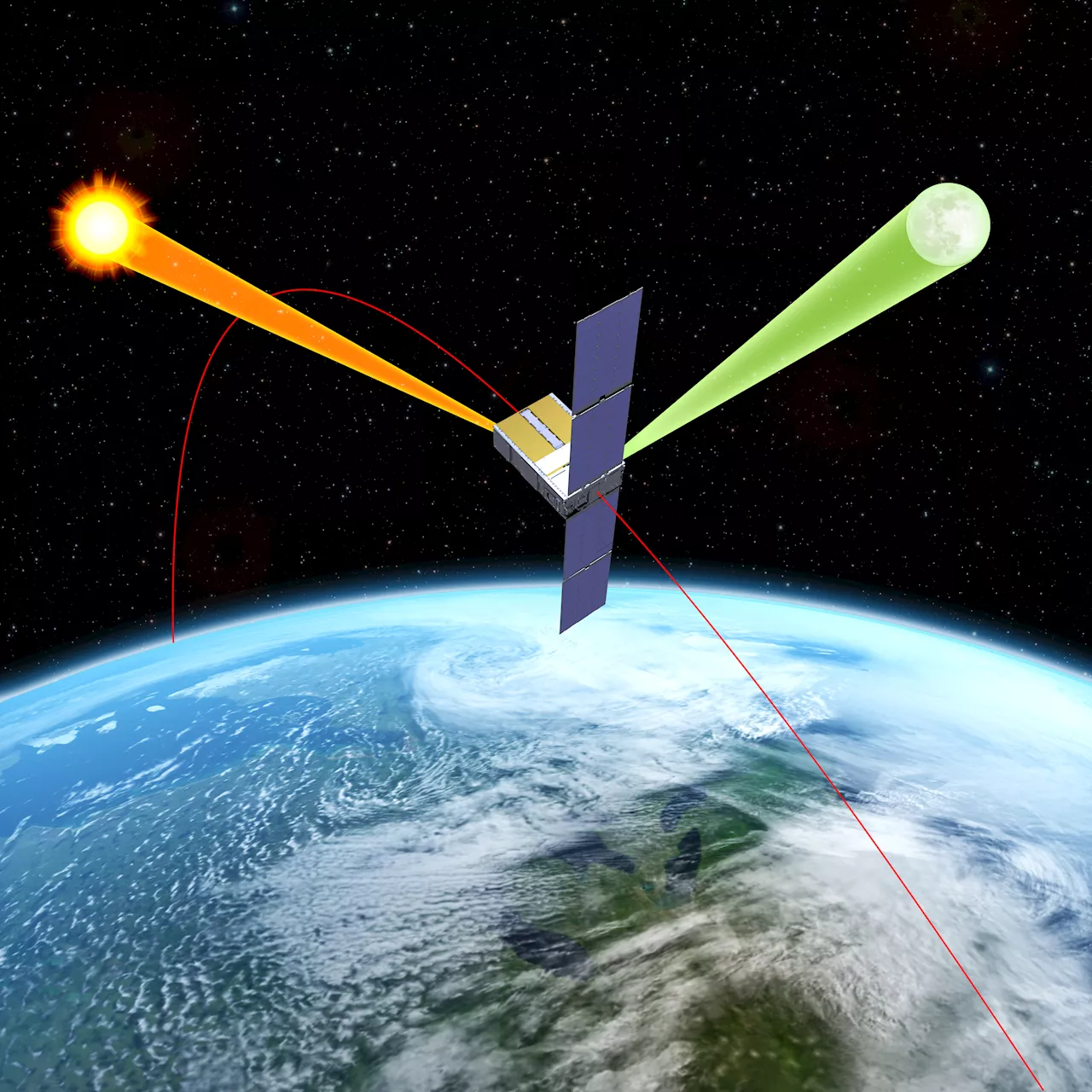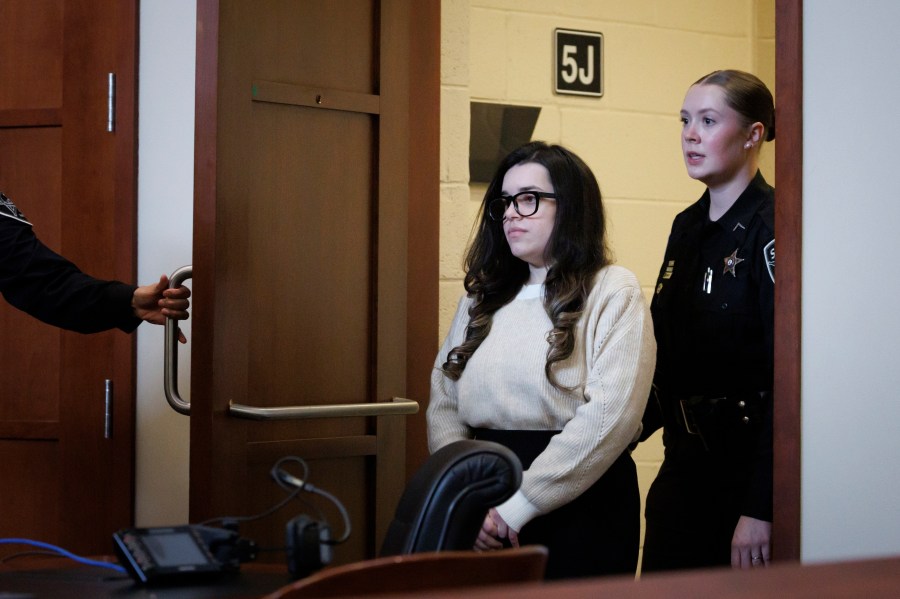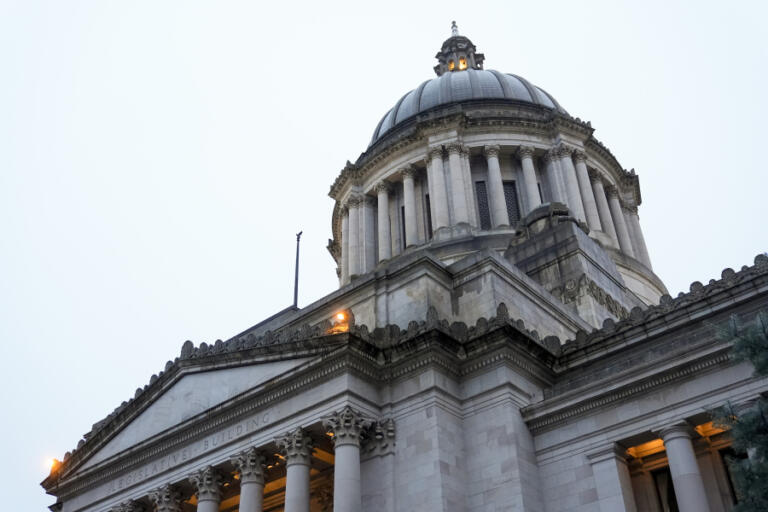
A significant number of new laws took effect in Washington on March 31, 2024, marking the conclusion of the legislative session that focused primarily on addressing a substantial budget deficit. Lawmakers passed over 400 bills aimed at both enhancing public services and amending existing regulations, despite the challenges posed by a projected deficit of approximately $9 billion.
The new legislation encompasses a diverse range of topics, from regulations on beer gardens to provisions for diaper changing stations in public facilities. While the majority of the session concentrated on budgetary concerns, important policy changes emerged that will impact various aspects of daily life for Washington residents.
Changes to Public Spaces and Community Services
One of the notable new laws, House Bill 1515, allows for the expansion of outdoor public dining spaces and beer gardens, particularly in anticipation of the upcoming FIFA World Cup 2026. Sponsored by Rep. Julia Reed, a Democrat from Seattle, the legislation aims to enhance the public experience during major events. This includes facilitating road closures in areas like Ballard to create more expansive outdoor areas for dining and socializing. The law is set to remain in force until December 31, 2027.
In a significant move to alleviate the pressures of medical debt, lawmakers have passed legislation that prohibits healthcare providers from reporting medical debt to credit agencies. This change addresses a critical issue as medical debt is the leading source of debt reported to credit bureaus, which can hinder individuals’ ability to rent apartments, purchase vehicles, or secure employment. According to the Consumer Financial Protection Bureau, about 380,000 Washington residents carry medical debt, with a median amount of approximately $1,350.
The new law follows findings from KFF, a health policy research organization, revealing that 6.5 percent of Washingtonians are affected by medical debt, emphasizing the need for reform in this area.
Advancements in Special Education and Childcare Facilities
In a move to better serve students with disabilities, legislation has been introduced that extends special education services until the end of the school year in which students turn 22. This change comes after Washington was found to be in violation of the Individuals with Disabilities Education Act. The bill, requested by state Superintendent Chris Reykdal, received overwhelming support, illustrating a commitment to providing equitable education opportunities for all students.
In a further effort to support families, a new law mandates that all newly constructed public buildings be equipped with baby changing stations in at least one restroom. Additionally, existing public buildings will be required to install changing stations if renovations exceed $15,000. This law ensures accessibility for parents and guardians, as at least one changing station must be available in both men’s and women’s restrooms or in gender-neutral facilities.
Enhanced Animal Welfare Regulations
Another significant change involves the expansion of animal cruelty laws. Although cockfighting has been illegal in Washington since 1901, the new legislation strengthens existing regulations by broadening the definitions of animal fighting and cruelty. Individuals who assist in animal fighting or fail to intervene in cases of neglect will face increased penalties. Those convicted of severe animal cruelty will be permanently prohibited from owning or caring for animals.
This legislative package represents a concerted effort by Washington lawmakers to address pressing social issues, balancing the need for fiscal responsibility with a commitment to enhancing the quality of life for residents. As these laws take effect, their impacts will unfold across various communities throughout the state.
